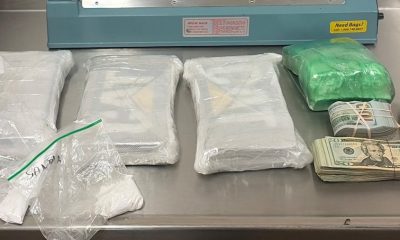Oregon
Oregon Department of Agriculture and WSDA warn pet owners after avian influenza found in raw pet food
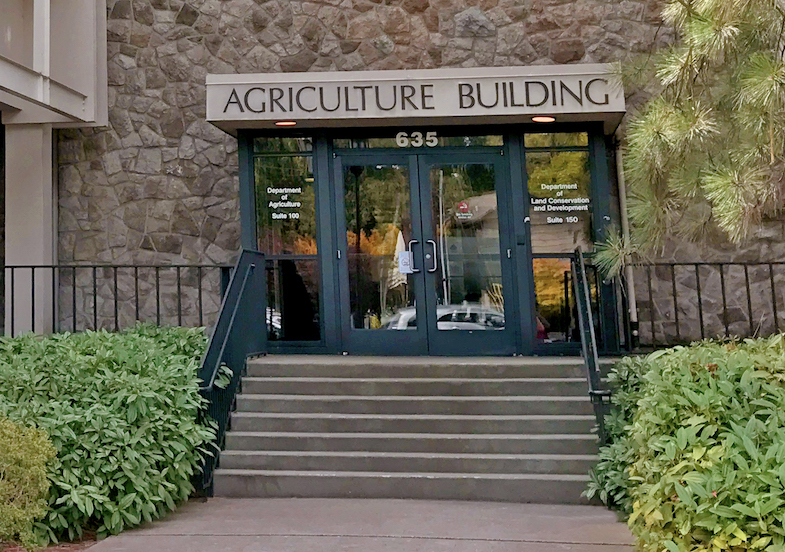
Oregon – The Oregon Department of Agriculture and the Washington State Department of Agriculture are warning pet owners about the risks of raw pet food after tests confirmed Highly Pathogenic Avian Influenza (HPAI) in two cats from separate households in Multnomah County, Oregon. Both cats had consumed the same brand of raw pet food before becoming ill. Due to the severity of their symptoms, the owners, in consultation with veterinarians, chose to euthanize the animals.
Veterinarians followed the proper reporting protocol, notifying ODA of the cases. Agency staff collected samples from the affected cats and tested both opened and unopened containers of the raw pet food. Additional testing was conducted by the Washington State Department of Agriculture (WSDA). The Oregon Veterinary Diagnostic Laboratory (OVDL) at Oregon State University and the National Veterinary Services Laboratories (NVSL) at the U.S. Department of Agriculture confirmed the presence of HPAI in both the cats and the food samples.
Following these findings and further testing by WSDA, a public health alert has been issued regarding certain lots of raw pet food produced by Wild Coast Raw in Olympia, Washington. Consumers are urged to check the lot numbers on Wild Coast Raw products at home. If they match the affected lots, pet owners should stop feeding the product to their animals immediately. More information on the health alert is available through WSDA.
Cats, including domestic and wild species such as tigers, mountain lions, and lynx, are highly susceptible to H5N1 avian influenza. Dogs can also contract the virus, though they appear less affected. To protect pets from H5N1, experts recommend the following precautions:
– Avoid feeding pets raw or undercooked meat, including freeze-dried meat-based diets and treats.
– Do not give pets raw (unpasteurized) milk or colostrum.
– Prevent pets from eating birds or other wild animals.
– Wash hands thoroughly after handling raw meat or interacting with animals.
– Change clothing and shoes after contact with animals or birds with unknown health status before handling pets.
– Contact a veterinarian if a pet shows signs of illness, especially if it has been exposed to raw meat, raw milk, or wild waterfowl.
Pet owners concerned about their animals’ health or exposure to contaminated products should reach out to their veterinarians for guidance.
-

 Eugene1 day ago
Eugene1 day agoTwo-alarm house fire displaces Eugene family in University neighborhood
-
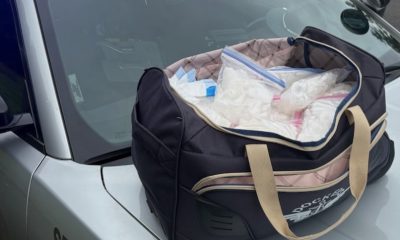
 Oregon1 day ago
Oregon1 day agoTraffic stop near Cottage Grove leads to seizure of more than 40 pounds of methamphetamine
-
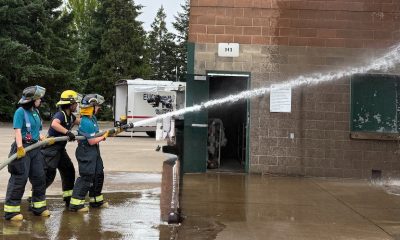
 Eugene1 day ago
Eugene1 day agoEugene Springfield Fire opens applications for 15th annual young women’s fire camp
-
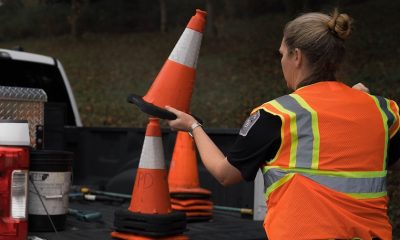
 Eugene1 day ago
Eugene1 day agoEPD warns after multiple crashes during rainy morning commute in Eugene
-

 Eugene1 day ago
Eugene1 day agoEugene officials report record ridership for PeaceHealth Rides bike share









